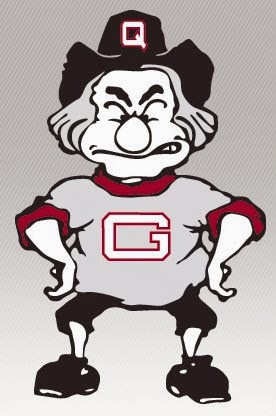Users of performance-enhancing drugs in Major League baseball have been vilified for several years now.
Players like Barry Bonds, Mark McGwire and Sammy Sosa are denied election into the Baseball Hall of Fame in Cooperstown, New York, only because of their documented use of PED’s.
“This gigantic farce of major league baseball to protect the brand “MLB” is a sham,” said Lucas Kempton, ’04.
“I don’t know if you need to separate steroid users from non-steroid users … but these guys belong in the (Hall of Fame).”
Those who vote for players eligible for election into the MLB Hall of Fame hold an entrenched disdain towards the players of the steroid era.
“Being a fan, I loved those years where players were hitting home runs every game,” said San Francisco Giants fan Aaron Parker in an e-mail interview. “But doping is cheating, and I don’t think we should reward cheaters by letting them in the Hall of Fame.”
The issue is cast as a strict dichotomy of cheaters vs. fair play. It is a measurement that is binary and places blame on too few actors.
The onus is unfairly placed upon the player without understanding that the culture in MLB during the steroid era incentivized PED use. Bonds, McGwire and Sosa were following the example of many players before them.
That culture was not exclusive to the players alone. The office of the Commissioner of Baseball bears a unique responsibility for not doing enough to halt the pervasiveness of PED’s in an athlete’s workplace.
Moreover, where does the Baseball Hall of Fame stop in its application of justice towards fair play?
Do we go back in time and place an asterisk next to the records of anyone who played after 1962 when MLB extended its season from 154 games to 162?
Or do we take the drastic step to put an asterisk next to all the records that occurred before 1947, when Jackie Robinson broke the color barrier in baseball, and finally the best players could compete against each other in the same league?
The Hall of Fame is not a purveyor of the game of baseball’s purity. It is a historical marker of the national pastime.
Baseball is, believe it or not, still the national pastime because it is so emblematic of the competitive nature of America.
Sure it’s slow and plods along for nine excruciating long innings. It is played in the boiling heat of summer and is considered a good game if the score is 1-0.
Baseball is also constant — it does not change often. The rules are easy to comprehend. The equipment usually gets handed down, just like the game, and connects generations.
The Hall of Fame’s role is to document the history of the game.
As Americans we find it uncomfortable to talk about the bad history.
We like to discuss D-Day but not the Japanese internment camps of World War II.
We do not like discussing slavery, Jim Crow, or Manifest Destiny and often omit them from lessons about the history of our people.
We are also revising the history of the game that defines America most.
We cannot omit the steroid era any more than we can omit the history of baseball before Jackie Robinson.
The steroid era is not the first time that players have sinned against baseball.
But if this punishment without trial of great players continues, it will be the first time that the Hall of Fame has sinned against the game.






